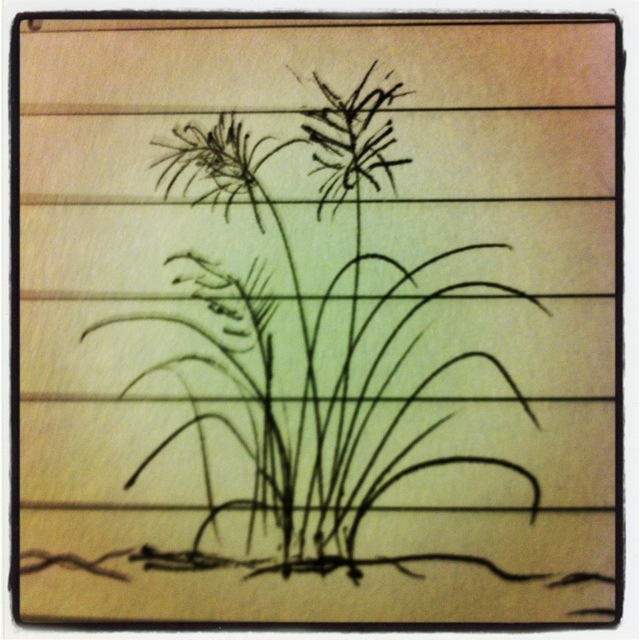
This Garden Vocabulary series seeks to introduce and explain to you — and in many cases, myself — words and terms associated with gardening. Please let me know if there are any terms you would like me to explore. You can leave your ideas in the comments section and we can learn together!
Humus
In soil science, humus (coined 1790–1800; < Latin: earth, ground[1]) refers to any organic matter that has reached a point of stability, where it will break down no further and might, if conditions do not change, remain as it is for centuries, if not millennia.[2] Humus significantly improves the structure of soil and contributes to moisture and nutrient retention.
Read the entire article on Wikipedia, Humus, http://en.wikipedia.org/wiki/Humus
Growing up in a small farm town, I heard the word humus a lot, but for me it simply represented some form of dark, even black, organic soil. It the local Ohio farmer vernacular, the older farmers simply called it “muck.” We had a sizable area of swamp in our nearby 10 acres and it was filled to a deep depth this soil. So much so, in fact that it once caught fire and smoldered for months. Beyond that, though, i had no idea of the official, scientific definition of humus found above.
According to further reading in the Wikipedia article and elsewhere, humus, it seems that humus is the final product of overall composting of organic materials. It provides many diverse benefits for both soil fertility and soil structure.
The humus I encountered in my youth was soft and almost like cake crumbs when slightly damp. If allowed to dry further it took on the texture of dust and, in some cases when tilled with farm equipment, almost a powder. It smelled “earthy” if that somewhat generic term can be used, where clay (which we also had in abundance on our property) had its own different smell, color and consistency. We had some pockets of almost pure clay below the farm topsoil that probably could have been used to make bricks or pottery. In fact, there was a clay quarry and tile yard in another part of town that did just that.
I can personally verify the information in the article that speaks of the dark color of soil and how it allows the soil to heat up more quickly in the Spring. Those parts of our fields that contained more humus usually defrosted much more quickly that other areas of the same field. Of course, it also turned to a soupy, sticky much that could — and sometimes did — pull the boots from your feet if you weren’t careful.
Further reading on Humus:
Previously on Garden Vocabulary:

